Tuesday, July 8th, 2025 | 8:00 - 9:00a.m.
Energy Policy and Industry Perspectives
Join us for an engaging panel session on "Energy Policy and Industry Perspectives," where we will explore the impacts of recent energy policies and legislation on the landscape of sustainable energy technologies. Legislation such as the Bipartisan Infrastructure Law (2021) and the Inflation Reduction Act (2022) have catalyzed significant research and development efforts across the energy sector, driving innovation in sustainable energy technologies. More recent policies may redirect focus towards other energy technologies and away from renewable technologies. Our panel of experts will discuss how industry is adapting to these changes, navigating both opportunities and challenges as they strive to align with evolving energy policies.
This session is designed for researchers, engineers, and practitioners from academia, national labs, government, and industry who are eager to understand the evolving energy policy landscape and its implications for technological advancement. Attendees will gain valuable insights into industry directions and priorities arising from these policies. The goal is to foster a collaborative dialogue that enables attendees to better align their efforts with industry needs, ultimately contributing to the development of effective solutions that support both regulatory goals and market demands.
Questions from the audience will be encouraged.
Panelists:
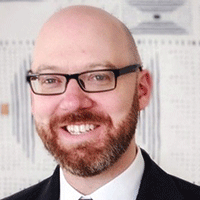
Christopher Worley
Senior Director of Public Policy
Sunrun

Ashwin Salvi
Co-Founder
AtmosZero

Steven Christensen
Director Innovation & Commercialization
Xcel Energy
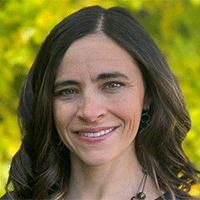
Alicia Lindauer
Energy Resources Program Coordinator
U.S. Geological Survey
Moderators:

Clifford Ho, Ph.D.
Senior Scientist
Sandia National Laboratories
ASME Fellow
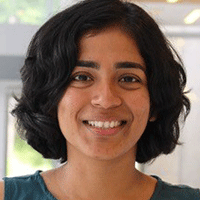
Rohini Bala Chandran, Ph.D.
Associate Professor, Mechanical Engineering
University of Michigan
Wednesday, July 9th, 2025 | 8:00 - 9:00a.m.
AI/ML Applications for High Performance and Resilient Buildings and Cities
Organized by: ASME Journal of Engineering for Sustainable Buildings and Cities
As the urgency to create high-performance buildings and resilient and healthy urban environments grows, artificial intelligence (AI) and machine learning (ML) are emerging as powerful tools for optimizing building performance, enhancing energy efficiency, and informing data-driven urban planning. This panel brings together leading experts from academia and industry to explore the latest advancements in AI/ML applications for high-performance and resilient buildings and cities.
Discussions will cover a range of critical topics, including predictive energy modeling, AI-driven optimization of HVAC and building controls, smart grid integration, climate-adaptive energy infrastructure planning, and the role of digital twins in improving building operation as well as energy performance.
Panelists will also address key challenges such as data availability, scalability, and the practical implementation of AI-driven solutions in the built environment.
Attendees will gain insights into how AI and ML are shaping the future of energy efficient and resilient urban development and the opportunities for interdisciplinary collaboration in driving innovation at the intersection of technology, engineering, and environmental science.
The Panel will be proceeded by a Special Issue on the ASME Journal of Sustainable Buildings and Cities.
Panelists:

Troy Harvey
CEO and Co-Founder
PassiveLogic

Brian Freeman
Lead Data Scientist
Trane Technologies
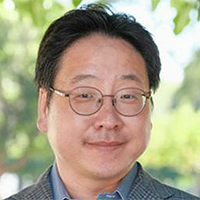
Hohyun Lee
Professor and Department Chair
San José State University
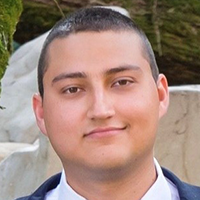
Juan Pablo Montoya-Rincon
Postdoctoral Associate
University at Albany
Moderator:
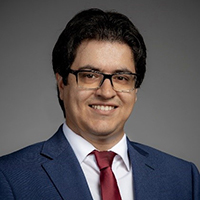
Hamidreza Najafi
Associate Professor
Florida Institute of Technology
Thursday, July 10, 2025 | 9:00 - 10:00 a.m.
Long Duration Energy Storage (LDES) Technologies
Organized by: National Consortium for Advancing Long Duration Energy Storage (LDES) Technologies
The Long-Duration Energy Storage (LDES) National Consortium provides a forum through which stakeholders across the LDES ecosystem can convene to identify barriers, determine potential synergies, and collaboratively develop and implement strategies necessary to achieve LDES technology commercialization within the next decade. The LDES National Consortium is comprised of National Laboratory and U.S. industry and community stakeholders, known as “Teaming Partners.” A Leadership Team powered by the knowledge, expertise, and relationships possessed by six U.S. National Laboratories guides a broad network of Teaming Partners to collaboratively develop a set of actionable recommendations to address identified challenges facing LDES technologies. Teaming Partners play a critical role in this LDES National Consortium by helping to define the key questions, issues, and outcomes that the LDES National Consortium must address to support the commercialization of LDES technologies. Currently, the Consortium has 180+ teaming partners and continues to grow.
This panel will introduce activities and outcomes of the LDES National Consortium that dealt with 11 challenges for LDES commercial “lift-off”. Panelists will discuss the challenges that must be addressed in order for LDES technologies to overcome commercialization barriers when a specific LDES technology and/or the LDES ecosystem is deemed to be self-supporting (i.e., no longer reliant on public funding) as deemed by empirical evidence such as cost performance, improved round-trip efficiency (RTE) levels, increased levels of private investments in technologies or projects, increased numbers of LDES projects, etc. The output from the LDES National Consortium is a comprehensive plan for LDES commercialization that can be offered to diverse regions, markets, communities, and end-use customers.
There will also be a Q&A session between the panelists and the audience regarding the Consortium as well as broader topics in LDES.
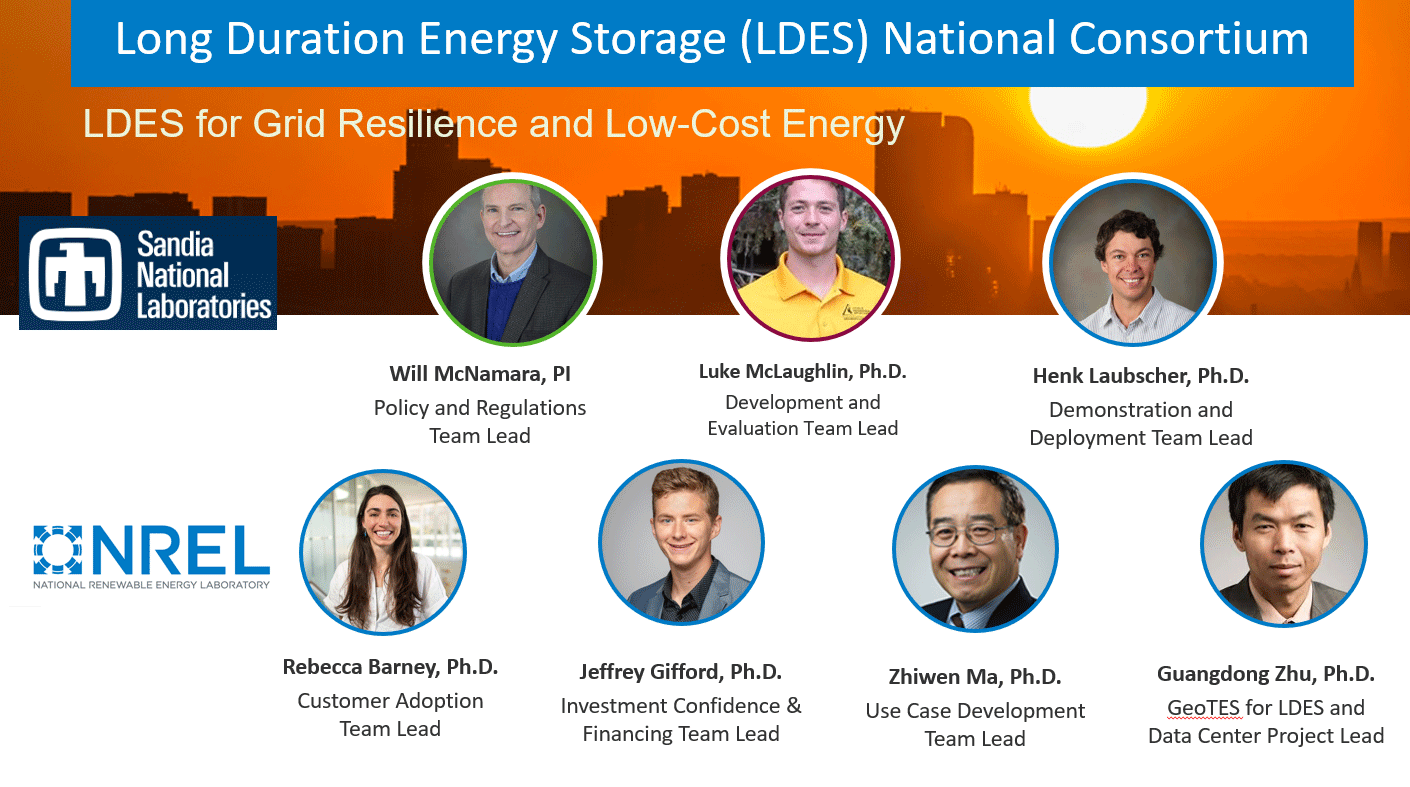
Moderator:
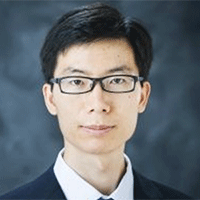
Like Li, Ph.D.
Associate Professor of Mechanical Engineering
University of Central Florida
Panel Discussion: Inverse Problems in Heat Transfer:
Insights from ICIPE 2024 - Advances in Methodology & Applications
Organized by the Computational Heat Transfer Technical Committee (K20)
This 90-minute panel discussion will explore recent advances in solving inverse heat transfer problems, with a focus on key insights from the International Conference on Inverse Problems in Engineering (ICIPE 2024), held in Brazil in June 2024. As the flagship event in the field, ICIPE brings together leading researchers and practitioners every three years to discuss the latest developments in inverse methods for engineering applications.
The panel session will highlight emerging methodologies, computational strategies, and real-world applications across industries such as thermal management of electronics, energy systems, aerospace, and non-destructive testing. The panelists, who participated in ICIPE 2024 with support from the National Science Foundation (NSF), will share their perspectives on the state of the field and future directions.
Topics of discussion will include:
- Introduction to Inverse Problems in Heat Transfer –concepts, challenges, and applications
- Key Takeaways from ICIPE 2024: Notable findings and emerging research directions
- AI/ML Techniques for Solving Inverse Heat Transfer Problems
- Physics-Informed Neural Networks (PINNs) for Heat Transfer Applications – Bridging physics-based and machine learning models
- Applications and Case Studies
This session will provide valuable insights for researchers, engineers, and practitioners working in heat transfer, computational modeling, and related fields.
Presenters/Panelists
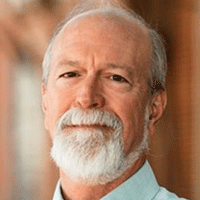
Keith Woodbury, Ph.D.
Professor Emeritus of Mechanical Engineering
University of Alabama

Hamidreza Najafi, Ph.D.
Associate Professor of Mechanical Engineering
Florida Institute of Technology
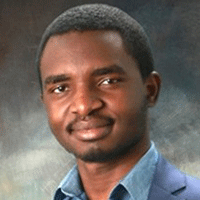
Benjamin Kubwimana, M.Sc.
Senior Software Engineer
NVIDIA

Forooza Samadi, Ph.D.
Assistant Professor of Mechanical Engineering
University of Alabama